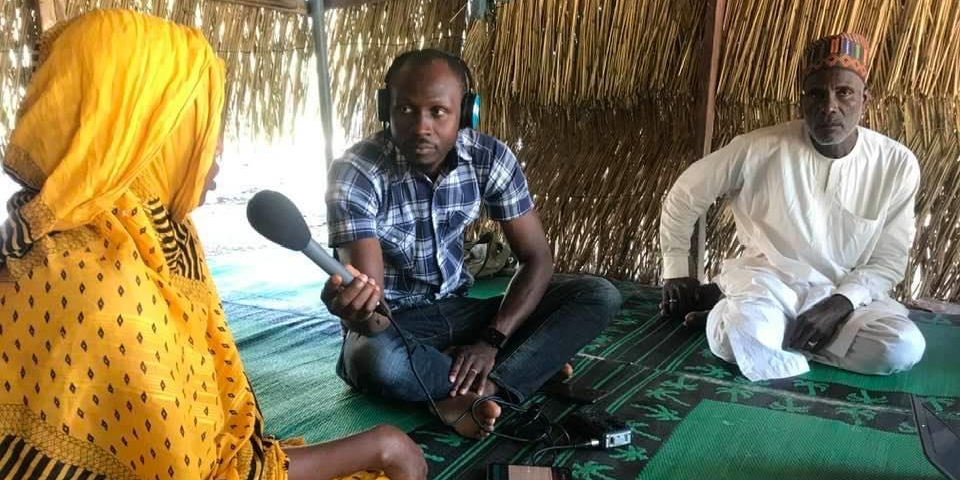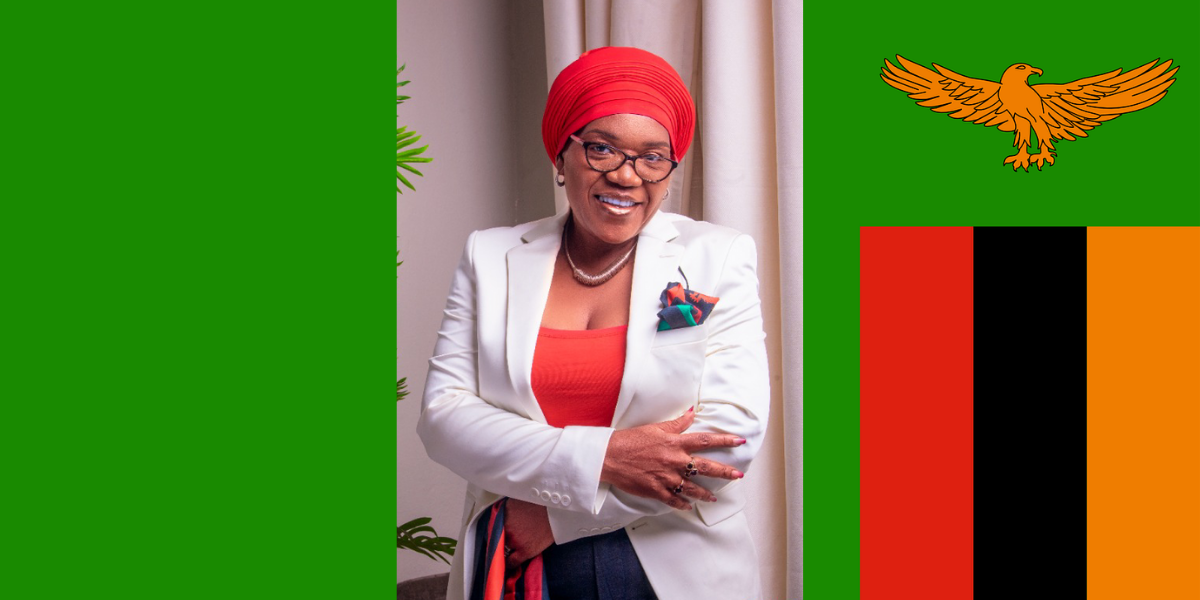
In this blog, developed from his highly commended entry to the FLOW “Write a Blog” competition”, Chibuike Utaka finds parallels between a childhood experience and the challenge of science communication with business.
Looking back to my childhood I remember that in my village school, break time usually announced wild apple hunting in the nearby bush. The fastest and most skilful maneuverer won. But everyone usually got something if we agreed to co-operate to hunt together and share the apples. One of us was usually the lucky person at getting to the bush first until the day we decided to agree to a rule. Everyone would eat of the apples no matter who was the fastest to get to the bush. Those juicy apples more than made up for the risk of tripping and rolling down the muddy slopes in our white uniforms.
My story represents the researcher and the business community whose common goal isn’t those wild apples but finding a way to impact society. And no muddy slopes either, just a shared worry that researchers or business risk ‘tripping up’ when they leave their own comfort zones. They know they share a common purpose and playing field but their strategies are uncoordinated and uncomplimentary. Poor communication breeds rivalry – then individual failures.
Researchers are doing potentially very impactful research-work that might have shed light on vital issues – but it just gathers dust on the shelves of institutions. Businesses conducts their activities as if they are searching in the dark, without a torch to help them see. Research has the power to bring the light- the insights and innovations- that business needs, but only when it is planned together, and the findings described without technical jargon that means nothing to the end-users. Poor communication leads to a culture of territorialism and suspicion that undermines the common goals.
Effective communication connects the researcher and the business. It enables the researcher to understand business needs – the required insights for impact as well as giving researchers the cooperation of business for delivery of quality findings. Overall, communication lights the torch that research can use to illuminate the complex challenges that business and communities face. Or, to come back to my original story, we need to work together- researchers to find the apple trees, and businesses to bring the apples back to the classroom. Dare I suggest we need projects like RECIRCULATE to show both sides how to avoid rolling down the muddy slopes on the road to effective collaboration.
 |
Chibuike Utaka is a Development Journalist, Media Trainer, Lawyer and Media Administrator. His expertise is on the use of media and communication to solve basic challenges of developing countries in Africa. Chibuike produces some popular radio, visual and digital contents in Nigeria with focus on governance accountability, Disability inclusion, justice and police reforms. An alumnus of the RECIRCULATE Knowledge Exchange Programme, Chibuike is the Winner of the 2020 #PreventEpidemics award for his contributions to the COVID19 media interventions in Nigeria. He currently produces a lot of contents – Radio/TV Town hall meetings, Documentaries, debates, discussions, Spots and skits that contribute to key public conversations and reforms in Nigeria. He is deeply involved in developing the capacity of Nigerian journalists for creating impactful media. |
All articles in The FLOW are published under a Creative Commons — Attribution/No derivatives license, for details please read the RECIRCULATE re-publishing guidelines.




